UTOPIA FEATURES
UTOPIA IN A TIME OF DYSTOPIA
an article by Maggie Brown
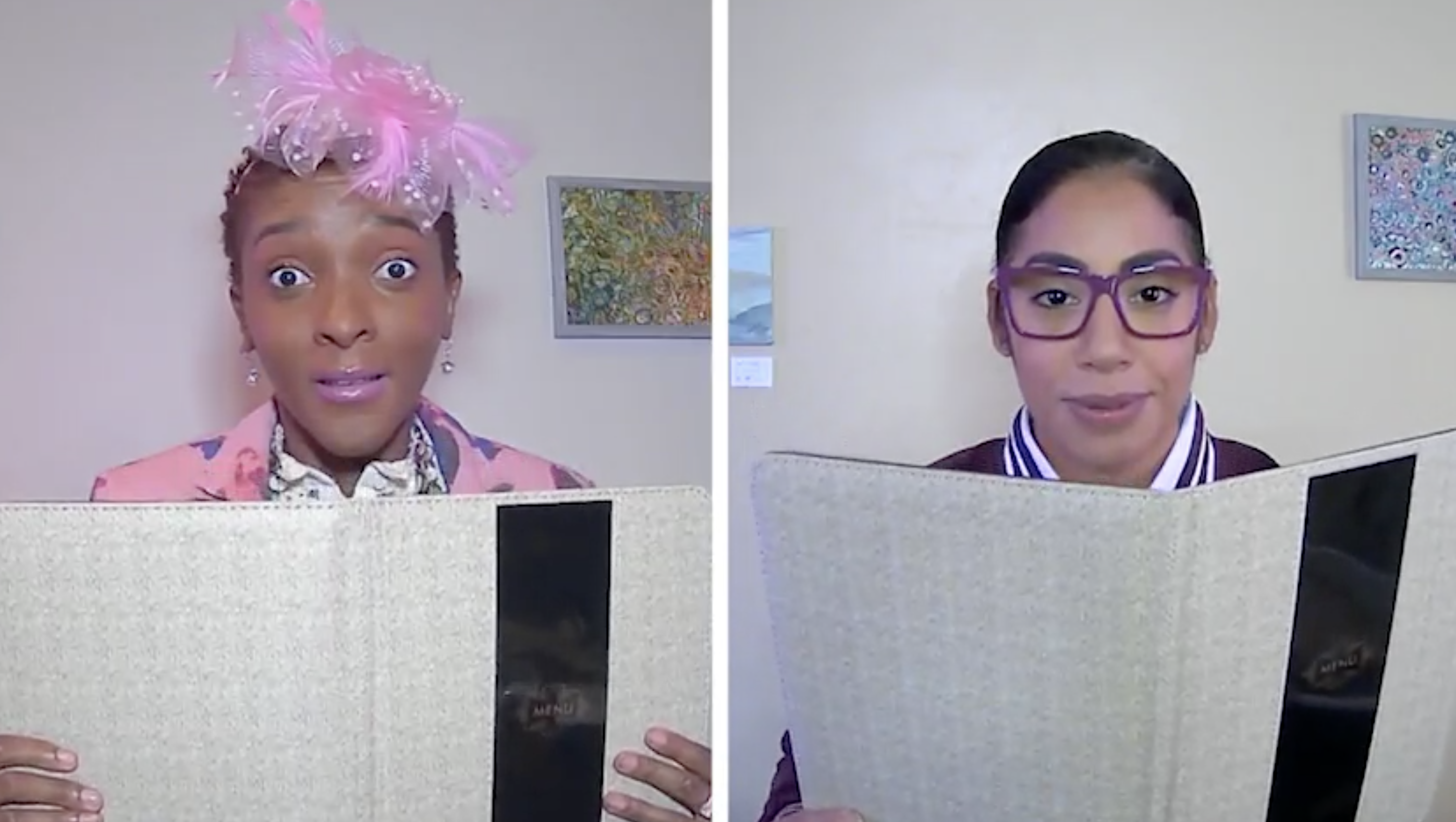
“After the World Comes to an End, Life Goes On”
Envisioning Utopia in a Time of Dystopia
********
From Ray Bradbury to Octavia Butler, creative thinkers have long used the polar notions of utopia and dystopia to explore society’s shortfalls. The word utopia was coined by philosopher Sir Thomas More in the 16th century, and he used it to describe his version of an idyllic island, cut off from the rest of the world and entirely self-sufficient. Conversely, in Charles L. Mee’s Utopia, commissioned by Cutting Ball and available for on-demand streaming until November 15, utopia exists in the relationships between people.
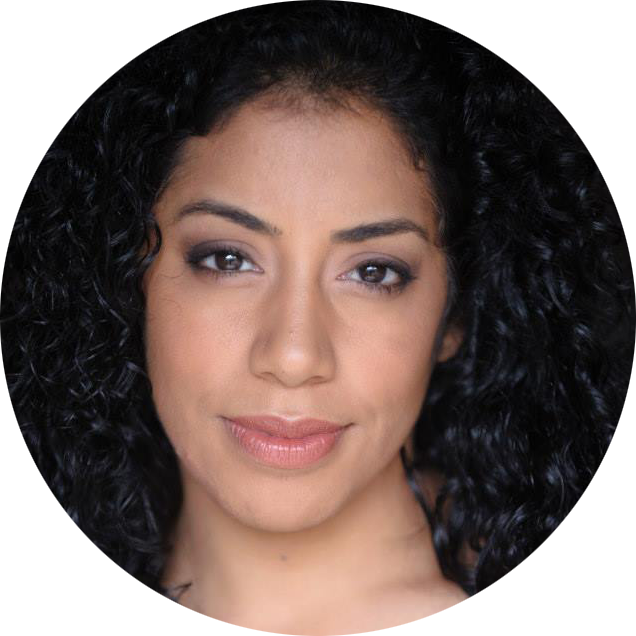
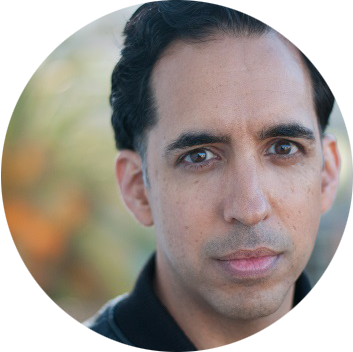
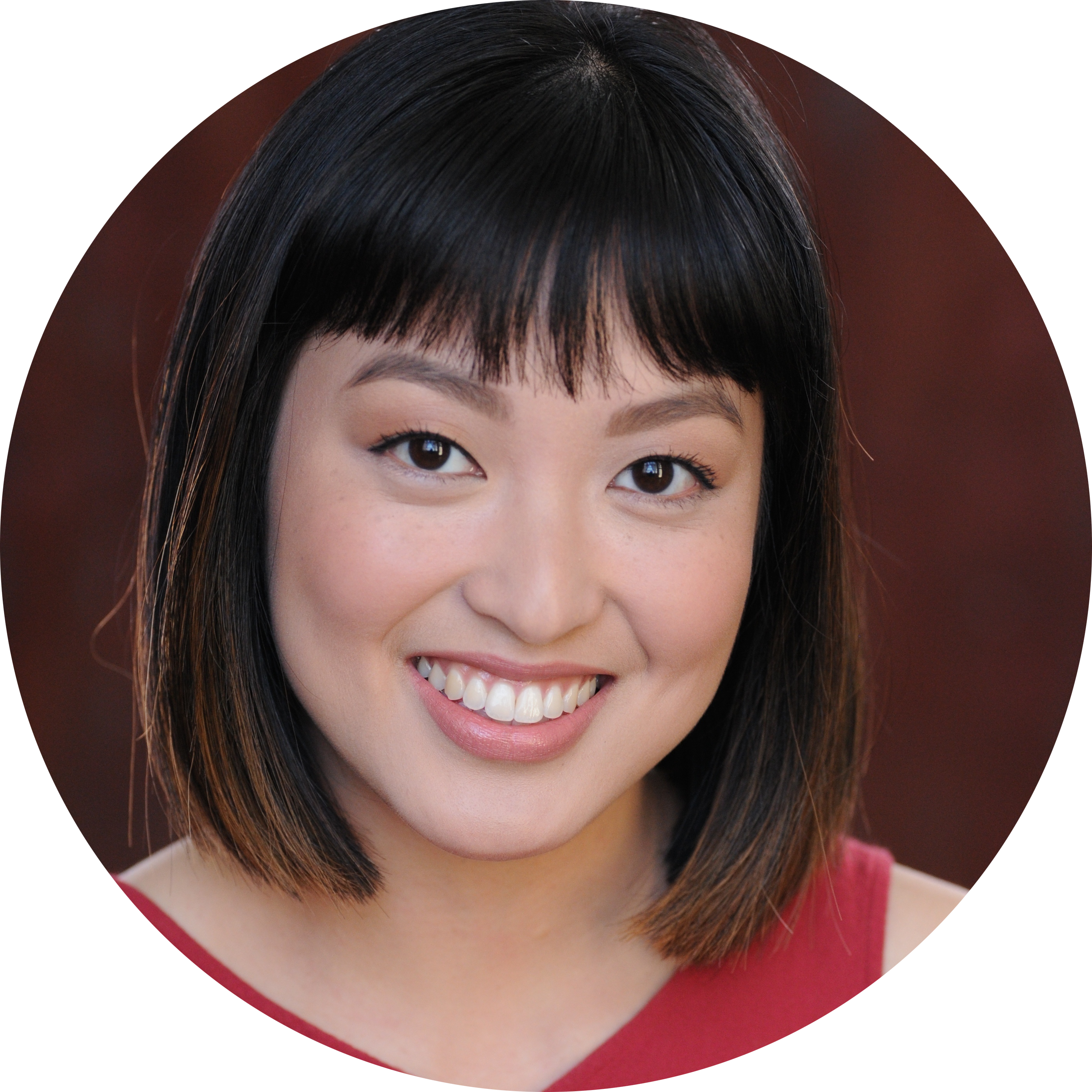

Utopia actors Gabriel Montoya (Herbert), Regina Morones (Evie), Sharon Shao (Jennifer), and Jasmine Milan Williams (Harriet) share their thoughts on the meaning of utopia, and what it’s like to envision utopia during a time of political dystopia.
You may think of the matrilineal society of the Amazons, or the lush Garden of Eden, but to Regina, the idea of utopia is a lot less fantastical. “My utopia would be a place where we can have hard conversations respectfully,” she says, “and actually move the needle.” It seems simple – but for these BIPOC (Black, Indigenous, People of Color) artists who inhabit an increasingly dystopian United States, moving that needle is imperative. “In order to achieve utopia, major macro systems of power have to crumble,” Sharon says. As a country seismically divided, particularly along party lines, about what an ideal society looks like, it’s difficult to imagine how we may collectively arrive at a shared vision of utopia: “Utopia is a mixture of ingredients and the recipe is always changing,” Jasmine says.
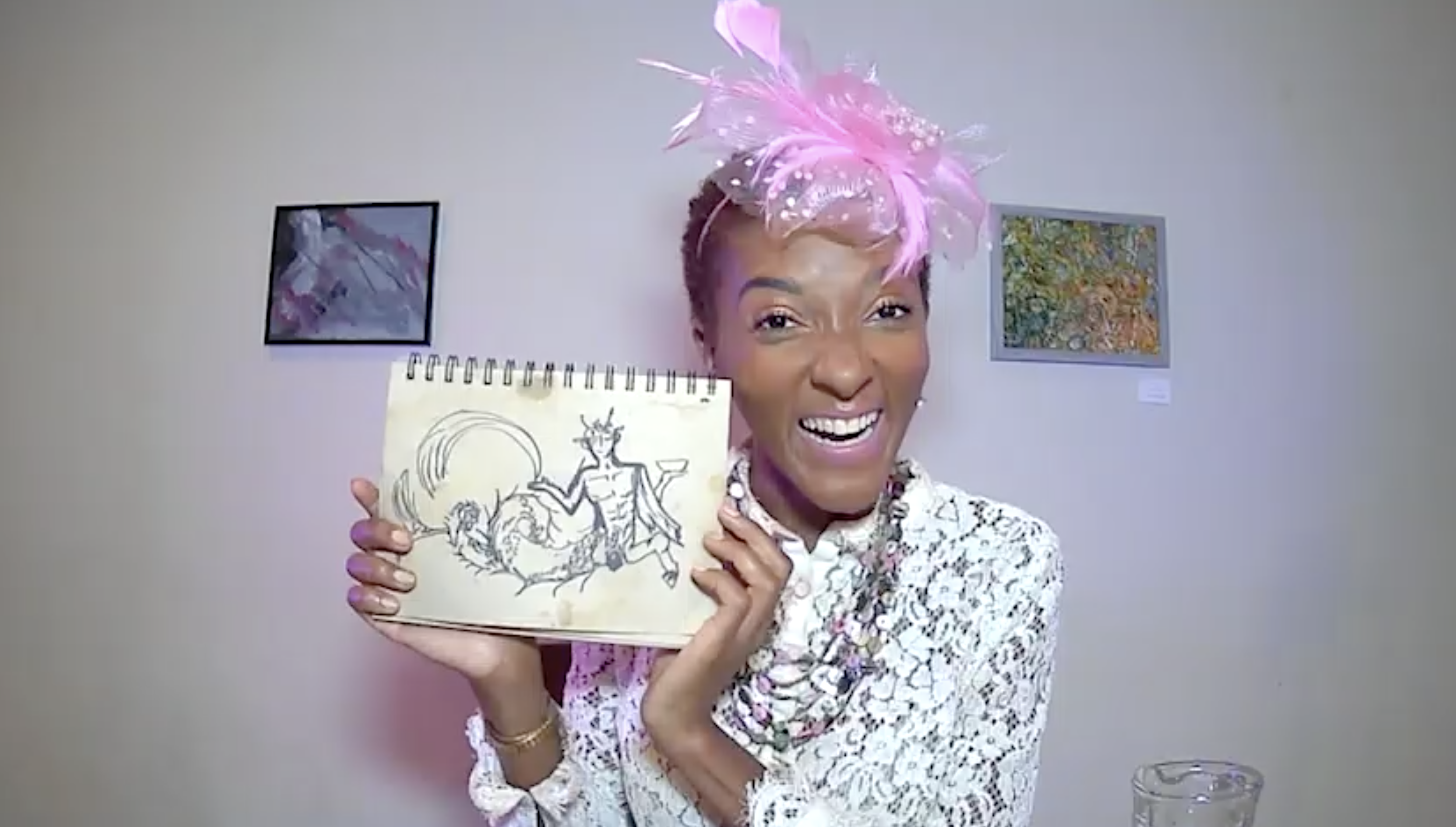
As convoluted and conflict-ridden as the pursuit of a better world may feel to us now, for these four artists, the vision is simple and exquisite: a world where the environment is respected, art is treated as a necessity, and people are able to maintain their individuality without fear of persecution. “It’s an interesting thing to be dismissed as a dreamer or an optimist, because you want a perfect world... where people get along,” reflects Gabriel, who notes that Elon Musk’s idea of colonizing Mars isn’t met with as much criticism as those who seek a world without conflict. “Our utopia is Elon Musk being stuck in space,” laughs Sharon.
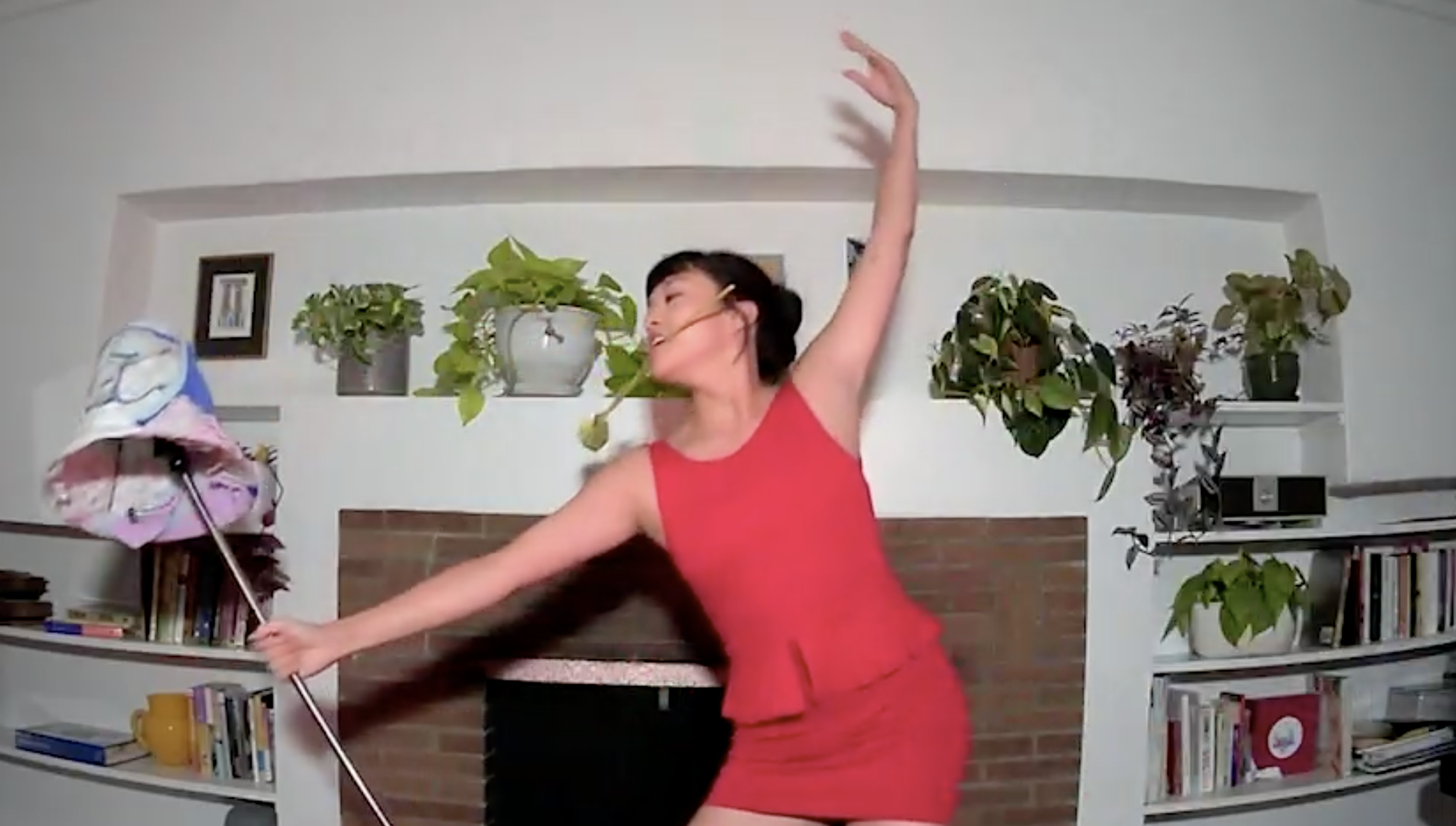
Though utopia began as a term to describe an idyllic society, the idea has historically been aggressively appropriated by world leaders seeking control. We see echoes of promised utopia in justifications for ethnic cleansing, mass homogenization, and the stripping of culture; Mao Zedong, Adolf Hitler, and the current president of the United States have touted their own twisted versions of ideal societies, defined by whom they exclude, whose lives and rights are sacrificed.
“It’s hard to think about [utopia] so optimistically when there is such a context of using the word to completely destroy civilizations,” says Sharon, “[Utopia] is a dangerous word in the wrong hands.” Gabriel, who grew up in the Reagan era, saw the destruction of Central and South America, the silence during the AIDS crisis, and the drug war - all while hearing the president refer to the U.S. as the “shining city on the hill.” “It was Orwellian,” he says, “I feel like I grew up in the decline of Western civilization.”
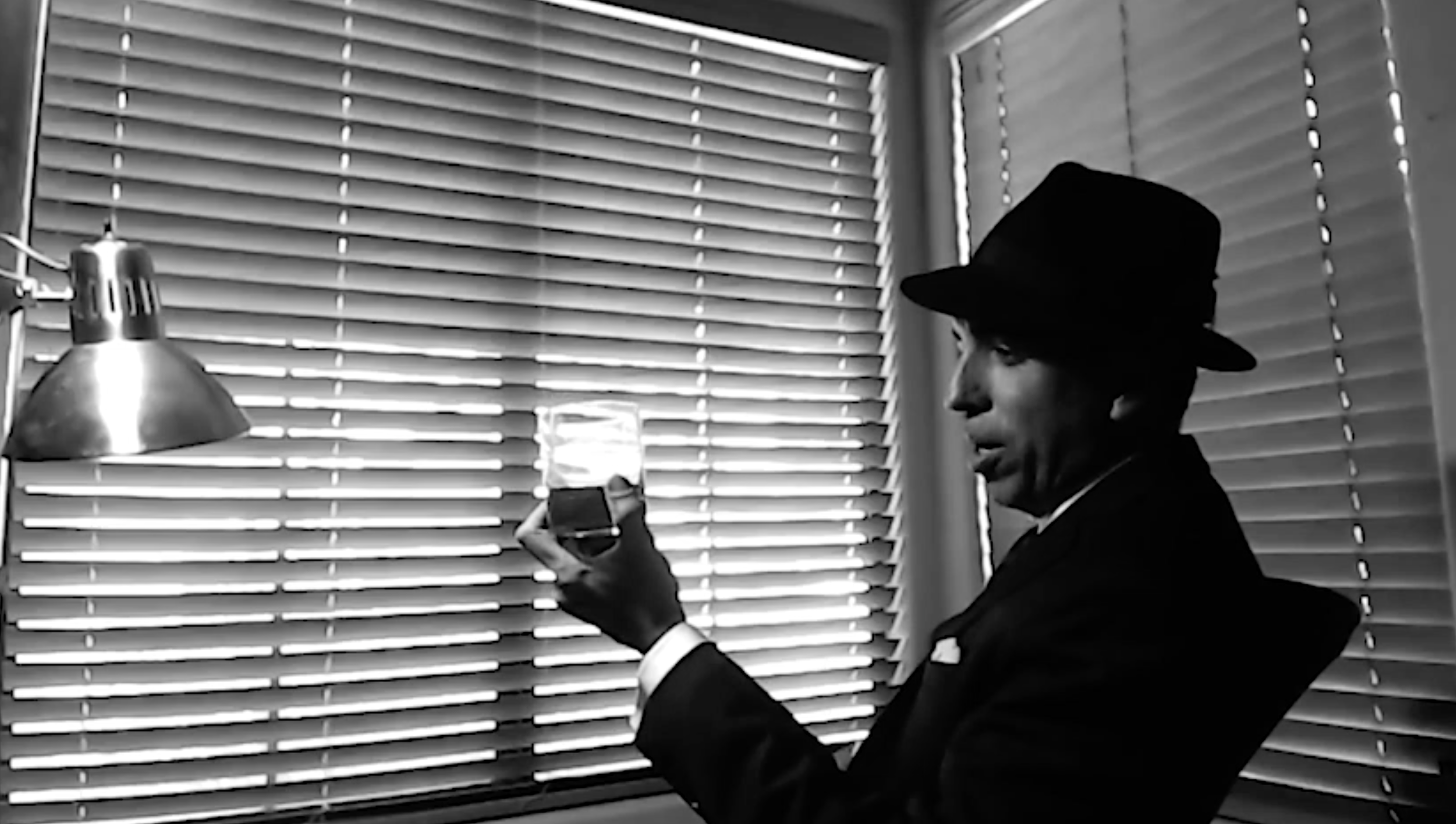
A world leader plunging his country into chaos while bragging about its greatness? All too familiar for those of us who’ve been living through Trump’s administration. On a scale of one to ten - with one being full-blown, nightmare-ish dystopia and ten being an ideal utopia - the group has largely similar feelings about where the U.S., under its current leadership, lands. “Maybe a solid three,” says Gabriel, his sentiments echoed by his three collaborators.
Regina has a hopeful take on this scale: “When you look at how to measure something like that, there are a lot of glitches in the matrix and exceptions to the rule,” she says, listing exciting exceptions like a Black woman being elected Vice President and an increase of visible diversity. “The call for accountability right now... is real” she says, and notes there’s a lot of work to be done, especially in a country built on “genocide, enslavement, and moving people off their land.” Gabriel agrees: “With these roots, we’re always going to bear this fruit. We [have to] rip them out.”
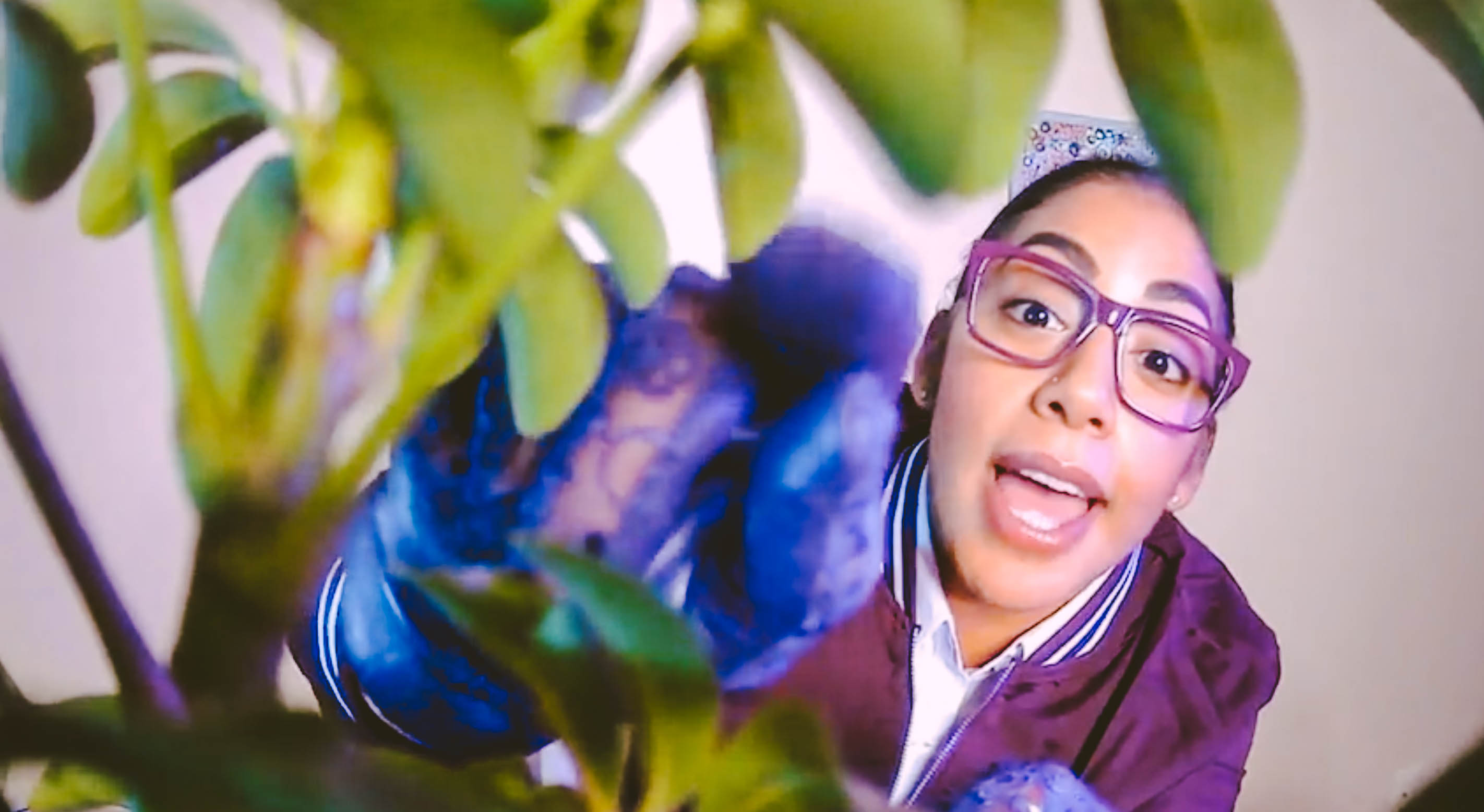
As far as our current reality is from a utopia, the group does see Utopia, the play, as an example of a micro-level ideal. The play’s themes of making a life with another person and celebrating that special connection rang true with the cast. “There's something beautiful about thinking of a person as a utopia, because it allows you to be free [within the relationship],” says Jasmine, a self-described “hopeless romantic.” She elaborates, “even if it's just in your community that you find utopia, it's a place where you can exist as your full self.”
Both Sharon and Regina reflect how exciting it was to discover the nuances in their character’s relationships; says Regina, “The key was finding that [Harriet and Evie] didn’t have to fit into each other’s mold.” Sharon found that the way her character’s partner “held all those parts of [Jennifer] with a lot of compassion” was something she strives for herself in her own relationships. Gabriel notes that there’s also a great deal of work that goes into a relationship; for him, starting “on a path toward utopia” in a relationship requires common ground. “I think that’s where the play ends,” he says, “at this point where we’ve asked the right questions” and felt their answers landed on the same page.
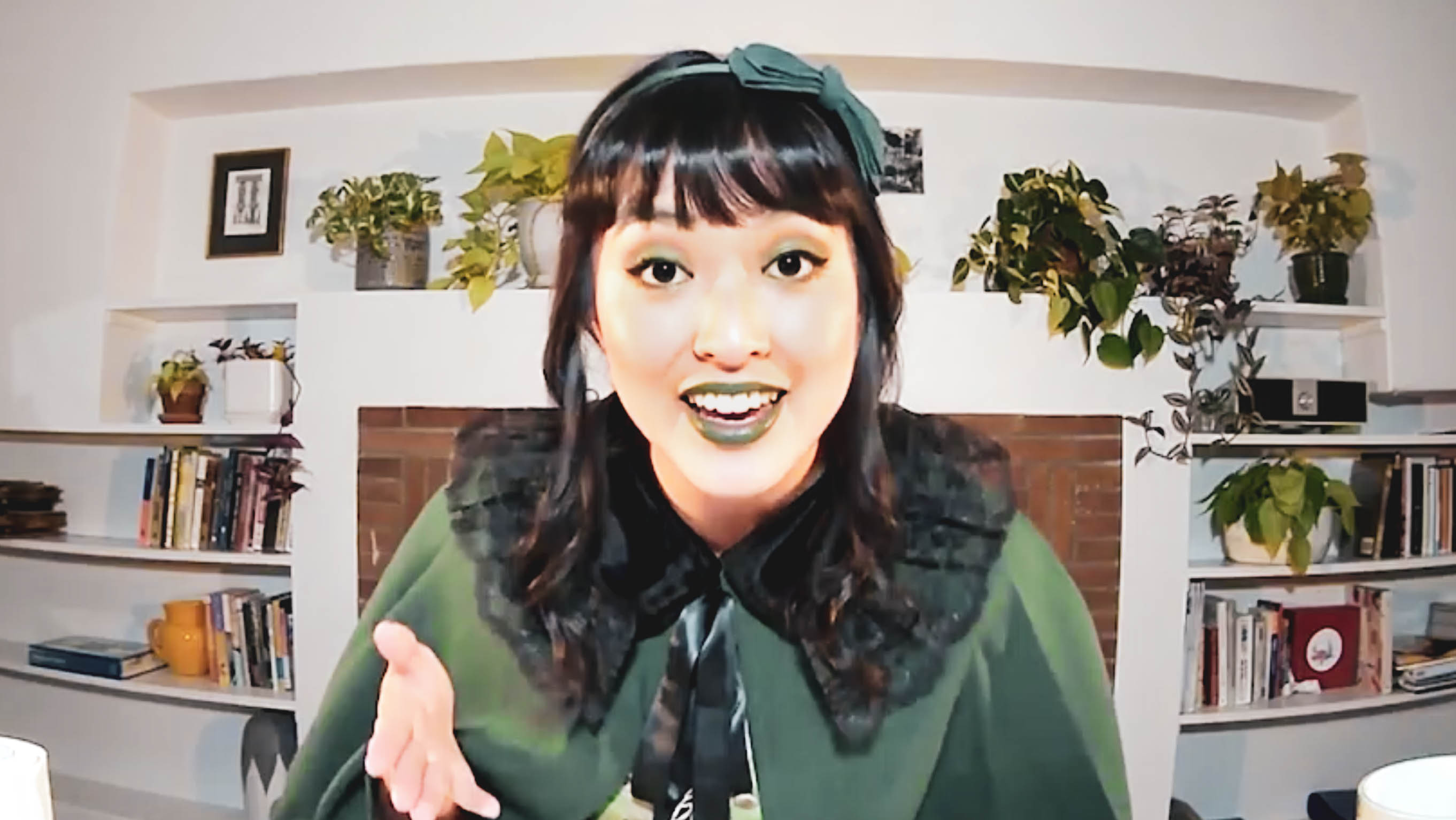
To these collaborators, the production itself felt like the kind of caring community Jasmine talked about, especially while facing dark moments of uncertainty throughout the Fall. A day of emotional rest had to be taken when the San Francisco sky was choked with ash, and the news of Ruth Bader Ginsburg’s death broke as the group started rehearsal one evening. In the theater community right now, the anxiety of job scarcity and isolation is real - but for these collaborators, the production process, the play, and its message provided relief when the world seemed so unstable.
“The reason I said yes to the play is because I'd never done anything like this before,” remarks Gabriel, “I felt it pushing me to a place I haven’t been... and I was constantly uncomfortable, in a good way.” He notes too that this experience, from start to finish, was “utopia for an artist.” Regina also felt the support during a summer of great stress, noting that constantly checking in, taking breaks to decompress, and respecting collaborators’ needs was a balm to her. For Jasmine, working on the content itself was soothing: “It was a beautiful time and moment to be working on something so free when the world feels so constricted. I do feel like there’s something about tragedy that helps bring us together.”
